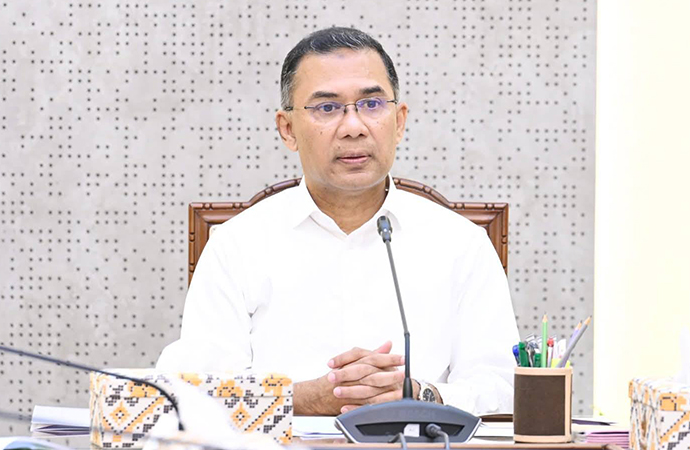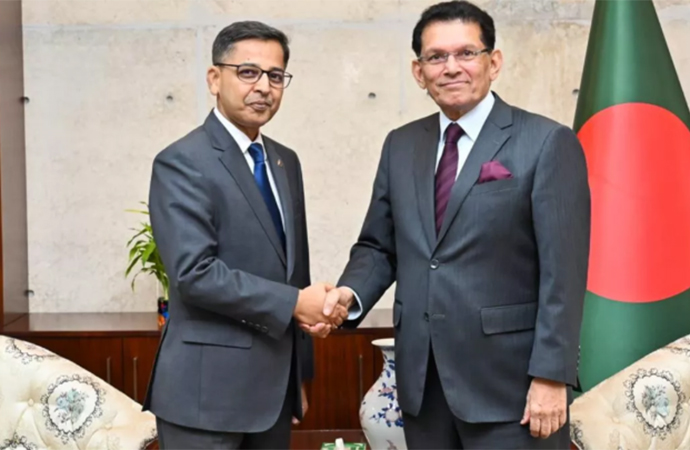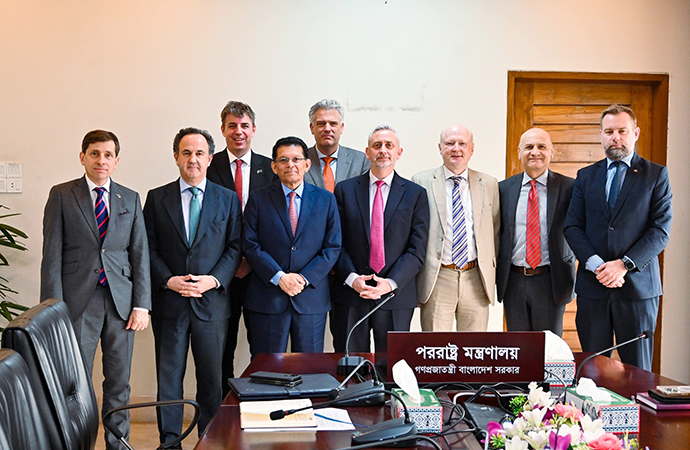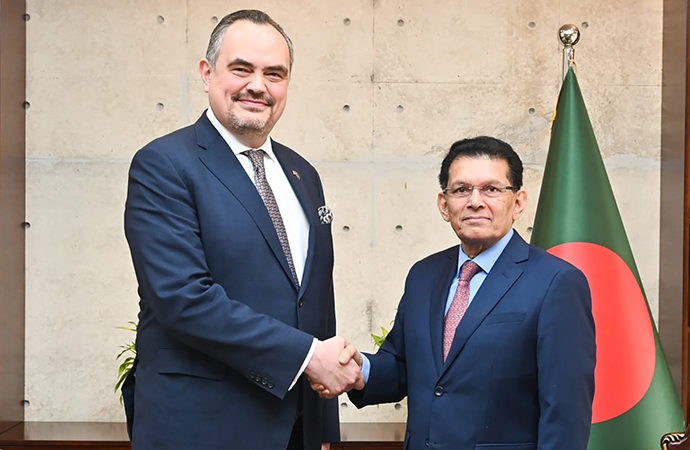Featured 1

Sarah Islam. Photo: Collected
The story of young Sarah Islam, a 19-year-old girl who fought a rare genetic condition almost all her life and finally succumbed this week, tells us heroes can emerge from the unlikeliest of sources.
With her deathbed wish to donate her organs, bravely honoured by her mother, she has written her name into the annals of medical science in the country; within 24 hours of her own death (she was declared brain dead on January 18), her kidneys had gone towards saving the lives of two different patients faced with renal failure, and badly in need of a donor to survive. Her eye's corneas also went to two others. These marked the first instances of cadaveric transplants performed in the country - the process of transplanting organs or tissue from a brain-dead or heart-dead person.
Shortly after the procedures were completed, doctors from Bangabandhu Sheikh Mujib Medical University Hospital (BSMMU) and the National Kidney Foundation held a press conference to announce the milestone, where Sarah's mother, Shabnam Sultana, was also present.
Sarah was diagnosed with tuberous sclerosis, a rare genetic disease, when she was only 10 months old. She recently underwent a brain surgery at a private hospital and subsequently was admitted to the ICU of BSMMU as her condition deteriorated.
Shabnam Sultana said her daughter suffered a lot, while she fought the disease for almost 19 years, which were nevertheless full of life and achievements. She passed her SSC and HSC from Holy Cross school with flying colours, and got admitted to the Fine Arts Department at University of Development Alternative (UDA). She was a first-year student at the university at the time of her death. Clearly, she was determined to not let the disease hold her back in life in any way.
Her mother said Sarah was aware that she would not live long. From her deathbed, she said she wanted to donate her organs when they wouldn't be of any use to her anymore, even if the organs or tissues themselves might be working perfectly fine.
In Bangladesh, around 2 crore people are suffering from kidney diseases and many of them die without receiving a transplant due to a lack of donors. Around 3,500 transplants have been conducted so far in total. But doctors estimate that the country requires at least 5,000 kidney transplants per year.
Organs such as kidneys, hearts, lungs, livers, pancreases, and esophagi can be transplanted after a person is declared brain-dead, but the lack of donors has prevented such transplants before, as the families of the dead consider it a form of violation of their loved one's dead body. But what greater contribution could a human life leave behind when it expires, than to help another - even more than one, as in Sarah's case - live longer?
The Cadaveric National Committee of Bangladesh has been working to guide, monitor, and advise on such organ transplantations, but to no avail. Its work has recognised the need to raise awareness and remove prejudices and misconceptions among the population regarding organ donation.
Sarah's example now stands before us as a true pathfinder. Whereas the point for most us is to be merely remembered after death, her example presents us with an option that is surely superior - to give life beyond our own lives on this earth.

























Leave a Comment
Recent Posts
Bangladesh’s first drought-res ...
In a groundbreaking development for Bangladesh’s agriculture, Ga ...
US and Iran hold another round ...
Iran and the United States were holding another round of indirect talk ...
An early hiccup for the new government?
Japan invites PM Tarique, eyes cooperation with Bang ..
Bangladesh to achieve sustained growth, prosperity u ..
Dhaka indicates ‘forward looking, balanced partnersh ..